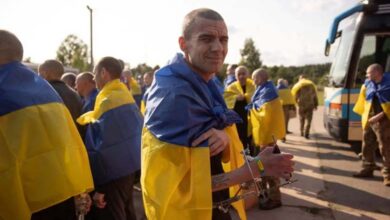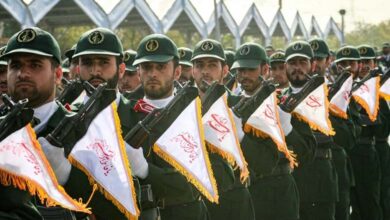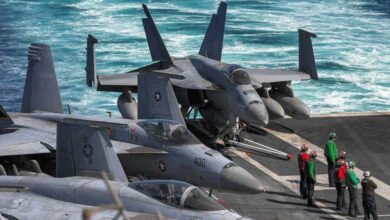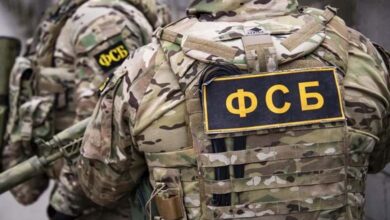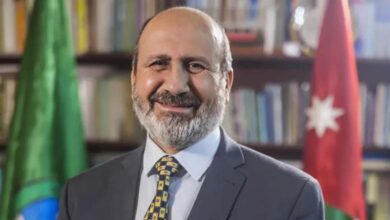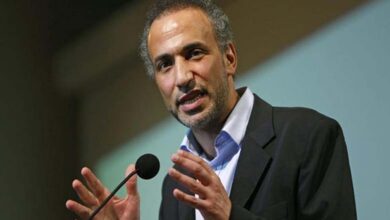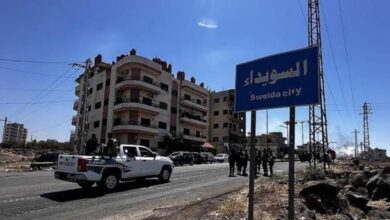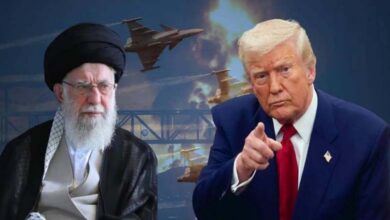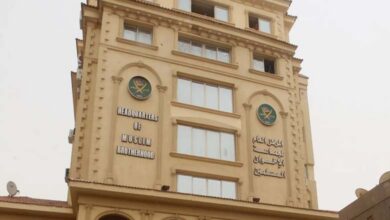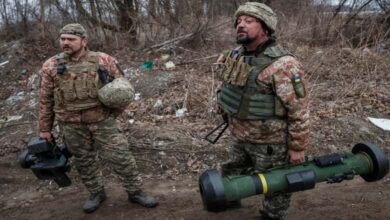Erdogan gives Syrian Kurds the choice between laying down arms or death
The Turkish president, whose country has close ties with the new Syrian leadership, threatens to wipe out Kurdish armed groups in Syria.
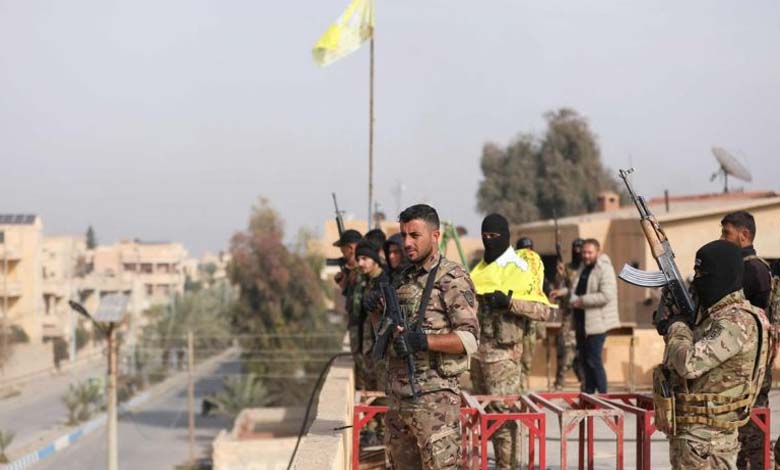
Turkish President Recep Tayyip Erdogan on Wednesday gave Syrian Kurdish armed groups the choice of laying down their arms or death, in the clearest threat since the fall of Bashar al-Assad‘s regime and the announcement of the new leadership in Syria, which has decided to dissolve armed factions and integrate them into the new national army it intends to form. At the same time, it emphasized its intention to restrict the possession of arms to the state, even in areas controlled by Kurdish militants supported by the United States.
-
U.S. Warnings of an “Imminent” Turkish Operation in Northern Syria
-
Secret Turkish Deals with Russia and Iran Accelerated al-Assad’s fall
Erdogan‘s statements came almost a day after the U.S. warned against any Turkish attack on the Syrian Democratic Forces (SDF), which are primarily composed of Kurdish fighters, stressing that an attack on their Kurdish allies would create security vacuums, allowing the return of the Islamic State (ISIS).
The SDF played a key role in the international coalition’s military operation against the extremist organization led by the U.S. U.S. Secretary of State Antony Blinken had previously discussed the issue of Kurdish fighters in Syria with Ankara, without reaching an agreement on the disarmament of these groups, which Turkey classifies as terrorist organizations, considering them extensions of the Kurdistan Workers’ Party (PKK), which has fought against the Turkish state for decades for an independent Kurdish state.
-
Ukraine and Lebanon: Two Separate Wars That Changed Syria’s Fate
-
“Drone” and American Forces: Behind the Attack on “Kharab al-Jabir” in Syria
The Turkish president said on Wednesday that Kurdish militants in Syria must lay down their arms, or “they will be buried” on Syrian soil, amid clashes between Syrian fighters supported by Turkey and Kurdish militants that erupted since the fall of Bashar al-Assad this month.
Ankara has repeatedly insisted on the need to dissolve the People’s Defense Units (YPG) following al-Assad‘s fall, emphasizing that this armed group has no place in Syria’s future. The change in leadership in Syria has put the main Kurdish factions in a weakened position.
-
The Opening of the Abou al-Zindin Crossing Between Turkey and Syria Depends on Conflicting Interests
-
Complications of Pending Issues Slow the Normalization of Relations Between Syria and Turkey
Erdogan told ruling Justice and Development Party (AKP) members in parliament, “Either the separatist killers lay down their arms or they will be buried on Syrian soil with their weapons.” He added, “We will eliminate the terrorist organization that tries to build a wall of blood between us and our Kurdish brothers.”
Turkey considers the YPG as an extension of the banned PKK, which has been fighting the Turkish state since 1984. The YPG is the main component of the SDF, which is allied with the U.S.
-
Turkey Strengthens Military Presence at Contact Points with Syrian Regime Forces
-
Betrayal and Corruption Plague Syrian Opposition Army
Turkey, the U.S., and the European Union classify the PKK as a terrorist organization. Ankara has repeatedly called on Washington, its NATO ally, and other parties to stop supporting the YPG.
The Turkish Ministry of Defense earlier announced that Turkish forces had killed 21 militants from the YPG and the PKK in northern Syria and Iraq.
For the first time, Mazloum Abdi, the commander of the SDF, admitted in an interview with Reuters last week the presence of PKK fighters in Syria, stating that they had contributed to the fight against ISIS and would leave if a full ceasefire agreement with Turkey was reached, a key demand for Ankara. He denied any organizational links with the PKK.
-
The tragedy of Al-Hol camp: Lives caught between the hammer of crises and the anvil of homeland rejection.
-
Restrictions on Syrian refugees for deportation from Turkey
Erdogan also mentioned that Turkey would soon open its consulate in Aleppo and expects increased traffic at its border next summer with the return of some of the Syrian refugees it hosts, estimated to be in the millions.
Ankara was the first country to send a high-level delegation to Damascus after al-Assad‘s fall, headed by the intelligence chief, Ibrahim Kalin, who had previously been a presidential advisor during Erdogan‘s first term.
-
What are the objectives of Turkish operations in Syria and Iraq, and what are the key scenarios?
-
Washington warns Ankara against escalation in northern Syria by shooting down a Turkish drone
Recently, Turkish Foreign Minister Hakan Fidan also met with the leader of the new Syrian leadership, Ahmed al-Shara, formerly known as Abu Mohammad al-Julani, leader of the group Hayat Tahrir al-Sham, which led the surprise attack from Aleppo to Damascus, forcing Syrian President Bashar al-Assad to flee to Moscow under Russian arrangements.
Turkey bets on its strong ties with the new Syrian leadership to resolve the Kurdish militants’ issue, either peacefully or by force, while the new administration led by Ahmed al-Shara and the Kurdish administration have yet to begin dialogue or negotiations on the issues Ankara demands be addressed, including the disarmament of Kurdish factions.


